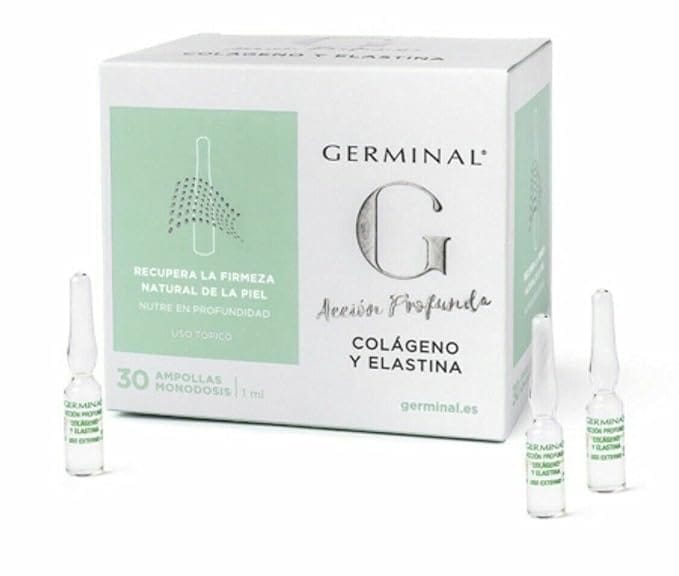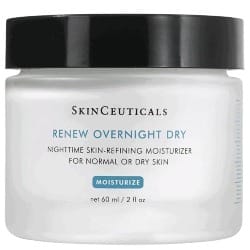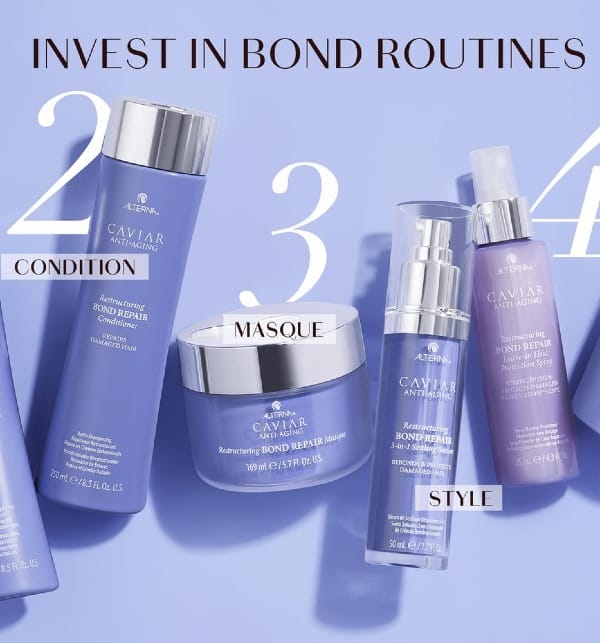As we age, our skin loses elasticity and firmness, leading to sagging and wrinkles. While collagen has long been the star of anti-aging skincare, elastin is emerging as an equally crucial protein for maintaining youthful, bouncy skin. But can topical products really boost elastin production and improve skin elasticity? Let's dive into the science behind elastin skin care and explore some promising treatment options.

ALASTIN Skincare Regenerating Skin Nectar Face Moisturizer (1 oz)
Helps strengthen skin ahead of cosmetic treatments; soothes post-procedure skin and helps reduce recovery time.
Key takeaways:
• Elastin is a key structural protein that gives skin its ability to stretch and recoil
• Elastin production declines with age, contributing to skin sagging and wrinkles
• Some skincare ingredients may help preserve existing elastin or boost production
• A combination of topical products and in-office treatments may offer the best results
What is elastin and why is it important for skin?
Elastin is a protein found in connective tissues throughout the body, including the skin. It works alongside collagen to provide structure and support to the dermis - the layer of skin beneath the surface. While collagen gives skin its firmness, elastin allows it to stretch and bounce back[1].
As we age, our bodies produce less elastin and existing elastin fibers begin to break down. This loss of elasticity contributes significantly to visible signs of aging like sagging skin and wrinkles. UV exposure, smoking, and other environmental factors can accelerate elastin degradation[2].
Can skincare products boost elastin?
Many skincare brands claim their products can increase elastin production or protect existing elastin. However, the effectiveness of topical elastin-boosting ingredients is still debated among dermatologists.
Some promising ingredients that may support elastin include:
• Retinoids - Vitamin A derivatives like retinol may help stimulate elastin production[3]
• Peptides - Certain peptides may signal cells to produce more elastin[4]
• Antioxidants - Ingredients like vitamin C can help protect existing elastin from damage[5]
While these ingredients show potential in lab studies, their ability to significantly increase elastin when applied topically is still unclear. The elastin molecule itself is too large to penetrate the skin barrier when applied in creams or serums[1].

ALASTIN Skincare TransFORM Body Treatment Skin Firming Lotion
Hydrating Cream Moisturizer to Help Erase Signs of Aging | Repair Crepey Skin
Comparing popular elastin-focused skincare lines
Two brands often recommended for elastin-boosting benefits are Alastin and SkinCeuticals. Let's compare their approaches:
Alastin
Alastin's products feature their proprietary TriHex Technology, a blend of peptides claimed to support elastin and collagen production. Their Restorative Skin Complex is a popular anti-aging serum targeting elastin[6].

ALASTIN Skincare Restorative Skin Complex Anti-Aging Face Serum
Reduce Fine Lines & Wrinkles | With Niacinamide to Improve Texture
SkinCeuticals
SkinCeuticals takes an antioxidant-focused approach with products like their C E Ferulic serum. While not specifically marketed for elastin, their formulas aim to protect skin proteins from damage[7].
Both brands are backed by clinical studies, but head-to-head comparisons are lacking. Ultimately, individual results may vary based on skin type and concerns.
Beyond topicals: In-office treatments for elastin
For more dramatic elastin-boosting effects, dermatologists may recommend in-office treatments like:
• Microneedling - Creates tiny injuries to stimulate collagen and elastin production
• Radiofrequency - Uses heat to tighten skin and potentially boost elastin
• Ultrasound therapy - May help stimulate deeper layers of skin to produce elastin
These treatments can be more effective than topicals alone but typically require multiple sessions and ongoing maintenance[8].

Body Kitchen Pro-Elastin
1000 mg Elastin Supplement, Help Reduce Signs of Aging, Improved Skin Health, Firmness & Elasticity, Fewer Wrinkles, Veggie Caps
The future of elastin skincare
Researchers continue to explore new ways to target elastin for anti-aging benefits. Some promising avenues include:
• Nanoparticle delivery systems to improve penetration of active ingredients
• Synthetic elastin-like molecules that mimic natural elastin's properties
• Combination therapies pairing topicals with energy-based treatments
While current elastin-focused skincare shows promise, more research is needed to fully understand its potential and limitations.

ALASTIN Skincare ReFORM & RePAIR Body Recovery Treatment
Moisturizer Cream for Post-Procedure Care | Supports New Collagen Production
Conclusion
Elastin plays a crucial role in maintaining youthful, resilient skin. While topical products may offer some benefits, a multi-faceted approach combining skincare, in-office treatments, and overall skin health practices is likely to yield the best results for preserving and potentially boosting elastin.
As always, consult with a dermatologist to determine the best elastin-supporting regimen for your individual skin needs and concerns.
Want to learn more about cutting-edge skincare science? Sign up for our newsletter to stay updated on the latest longevity research and anti-aging breakthroughs.

References:
- https://www.ncbi.nlm.nih.gov/pmc/articles/PMC8239663/
- https://www.ncbi.nlm.nih.gov/pmc/articles/PMC3583892/
- https://www.ncbi.nlm.nih.gov/pmc/articles/PMC3583892/
- https://www.ncbi.nlm.nih.gov/pmc/articles/PMC8239663/
- https://www.ncbi.nlm.nih.gov/pmc/articles/PMC3583892/
- https://alastin.com/pages/about-your-skin
- https://www.skinceuticals.com/
- https://www.ncbi.nlm.nih.gov/pmc/articles/PMC8239663/
- https://www.mdpi.com/1422-0067/24/13/11016
Citations:
[1] https://vibrantskinbar.com/blog/elastin-skin-care/
[2] https://www.ncbi.nlm.nih.gov/pmc/articles/PMC8239663/
[3] https://www.medfx.co.uk/news/alastin-galderma/
[4] https://www.bbc.com/future/article/20240306-what-can-you-absorb-through-your-skin
[5] https://www.ncbi.nlm.nih.gov/pmc/articles/PMC3583892/
[6] https://www.mdpi.com/1422-0067/24/13/11016
[7] https://alastin.com/pages/about-your-skin
[8] https://www.sciencedirect.com/science/article/pii/S2950306X24000177

















Member discussion